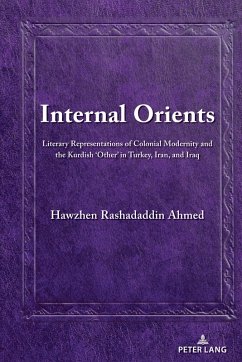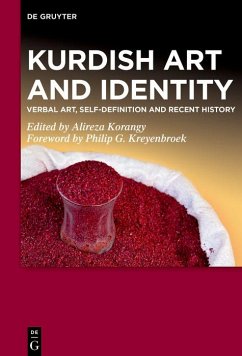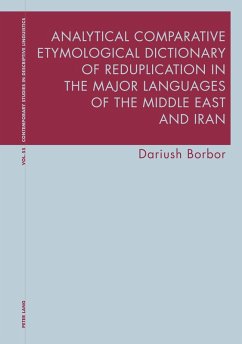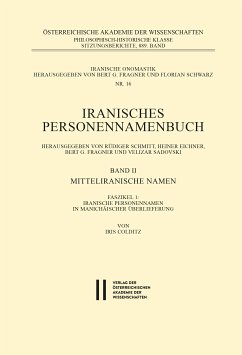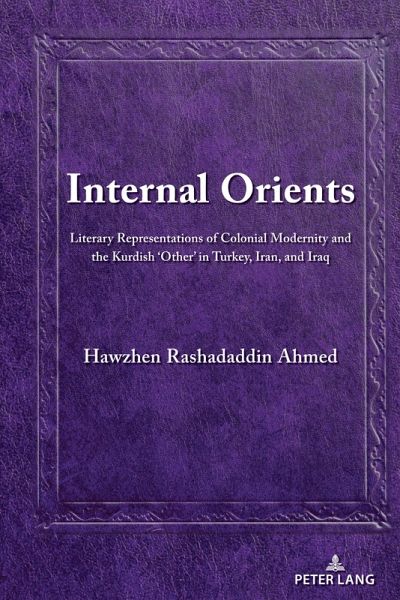
Internal Orients (eBook, PDF)
Literary Representations of Colonial Modernity and the Kurdish 'Other' in Turkey, Iran, and Iraq
Versandkostenfrei!
Sofort per Download lieferbar
Statt: 91,55 €**
76,95 €
inkl. MwSt.
**Preis der gedruckten Ausgabe (Gebundenes Buch)
Alle Infos zum eBook verschenkenWeitere Ausgaben:

PAYBACK Punkte
38 °P sammeln!
The author demonstrates sophisticated knowledge and understanding of Kurdish history and of postcolonial, poststructuralist, and related literary theories. This book gives rich contextual detail about Turkish, Iranian, and Iraqi nation states, in which Kurds live and where, the author argues, they are systematically oppressed. The central argument in the book is that the Kurds represent an Orient within, and one that has been neglected in literary studies till now. The book places postcolonial theory in dialogue with literary critical depictions of Kemalist, Persian, and Ba'athist nationalisms...
The author demonstrates sophisticated knowledge and understanding of Kurdish history and of postcolonial, poststructuralist, and related literary theories. This book gives rich contextual detail about Turkish, Iranian, and Iraqi nation states, in which Kurds live and where, the author argues, they are systematically oppressed. The central argument in the book is that the Kurds represent an Orient within, and one that has been neglected in literary studies till now. The book places postcolonial theory in dialogue with literary critical depictions of Kemalist, Persian, and Ba'athist nationalisms in modern Turkey, Iran, and Iraq. It is argued that the 'adaptive modernities' of these states, constituted by Western modernity in the Middle Eastern context, embody Western colonialism in miniature. It argues that the Kurds are rendered colonial subjects within the borders of these states as portrayed by the texts under study. This book interrogates the polarizing ideology of nationhood which underpins these nation-states' modernity and explores how the Kurds are inferiorized; it examines the ways in which Kurdish literary characters are oppressed and liquidated by means of the inhumane laws of state sovereignty and the ways in which they are rendered homeless within and beyond these countries; and it explores literary depictions of nationalist patriarchy, which exploits women in general and Kurdish women in particular.
Dieser Download kann aus rechtlichen Gründen nur mit Rechnungsadresse in A, D ausgeliefert werden.




